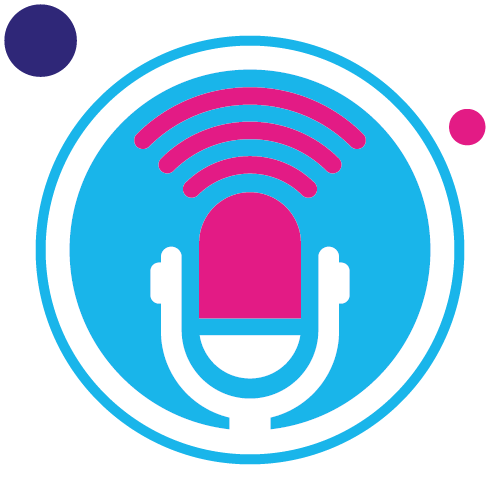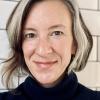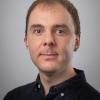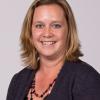Shared Risk
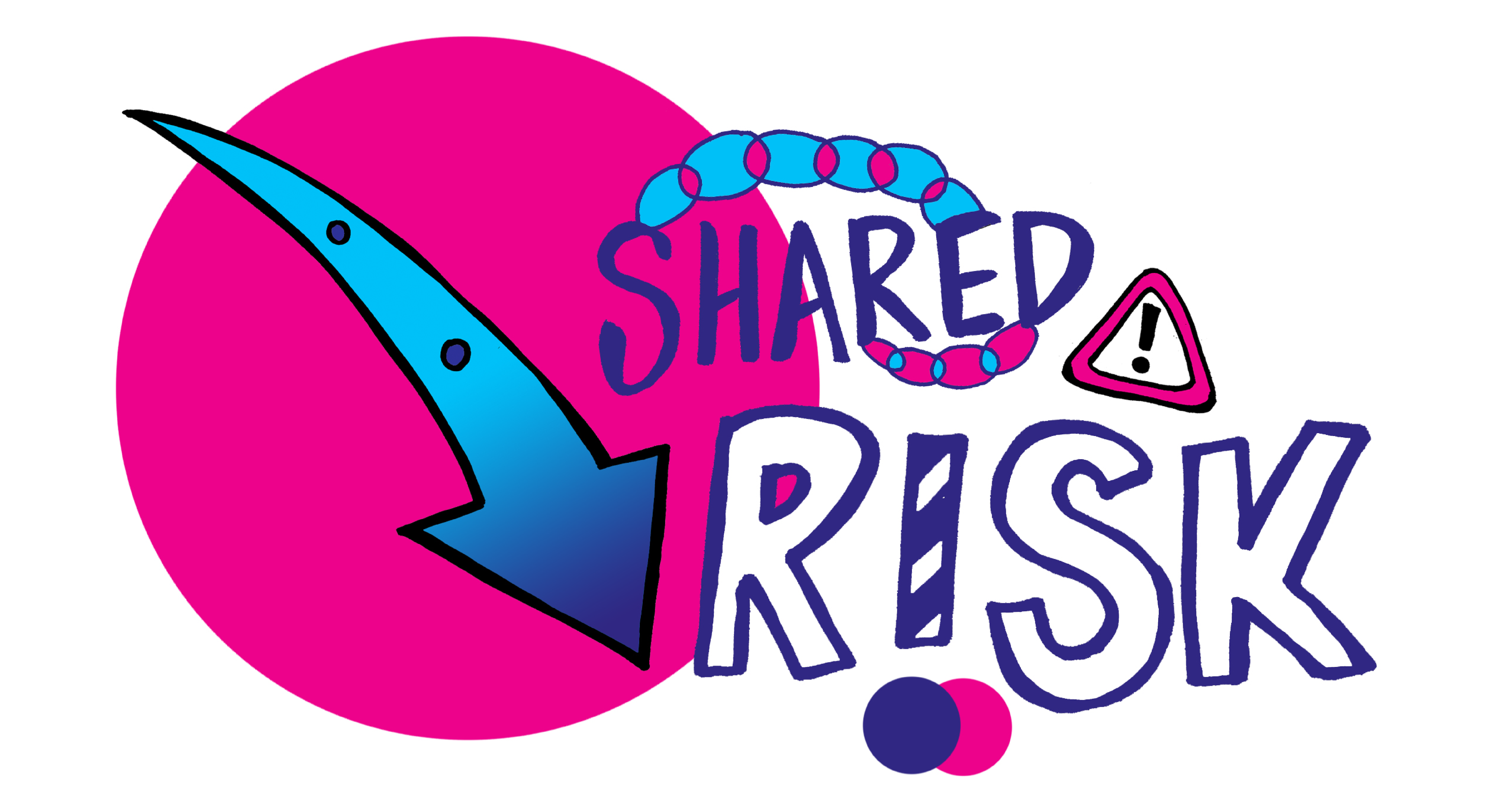
Do you find it difficult to understand specialist cancer research findings? As in all scientific fields, every area of cancer research has a different way of talking about evidence — different 'languages' that we use to test our questions, unearth new insights, and to communicate our research outcomes.
Shared Risk is a series of short-form online courses to demystify risk evidence sharing. By thinking about the different contributions we each make to understanding risk (whether data scientist, clinician, social scientist or member of the public) we will improve our shared knowledge and achieve the best possible outcomes for the people we serve.
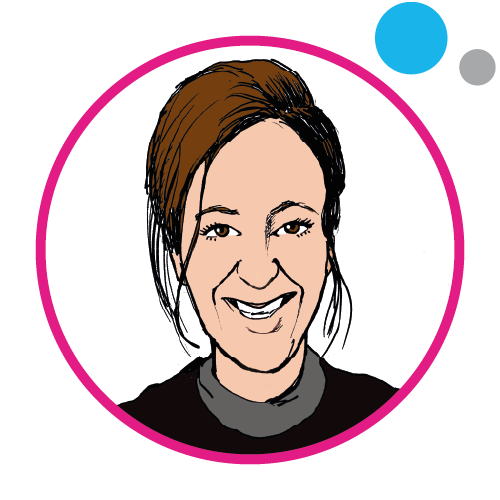
Welcome to the Shared Risk course series!
My name is Kelly Fagan Robinson and I am a Medical Anthropologist at the University of Cambridge. My primary research expertise concerns the ways that people communicate with one another and the reasons why we sometimes fail to connect with those who have very different experiences and perspectives on the world from what we ourselves know.
In 2019, I was invited to work with fellow anthropologists Maryon McDonald and Ignacia Arteaga on Elusive Risks, a pump-priming project funded by the Early Cancer Institute at the University of Cambridge, which explored the social worlds of 'structurally vulnerable' communities in Cambridgeshire. During that project we thought seriously about the ways that communication breakdown contributes to a lack of connection with certain members of the population when sharing cancer early detection risk evidence. This research interest led me to apply for an ACED Skills Exchange and Development Award.
The skills exchange was designed to help broaden understanding across early cancer research disciplines, by bringing together anthropologists from Cambridge with epidemiologists and risk prediction modellers from the University of Manchester to look at the ways that each of us conceptualise risk. This diverse group of collaborators has fed into a growing interest in how we can best communicate across disciplinary lines, with far reaching implications for best-practice evidence-sharing across early cancer research disciplines more generally.
This Shared Risk mini-MOOC series (our short-form interpretation of a Massive Open Online Course series) is the result of that ACED Skills Exchange collaboration. It aims to:
- demystify risk evidence sharing and therefore increase meaningful cross-disciplinary collaborations within early cancer research collectives,
- improve engagement (on both sides) between researchers and the publics we serve,
- increase the inclusion of less-heard-from or marginalised members of the population who are underrepresented in early cancer research.
We hope that you enjoy learning with us, and we look forward to any feedback that you may have!
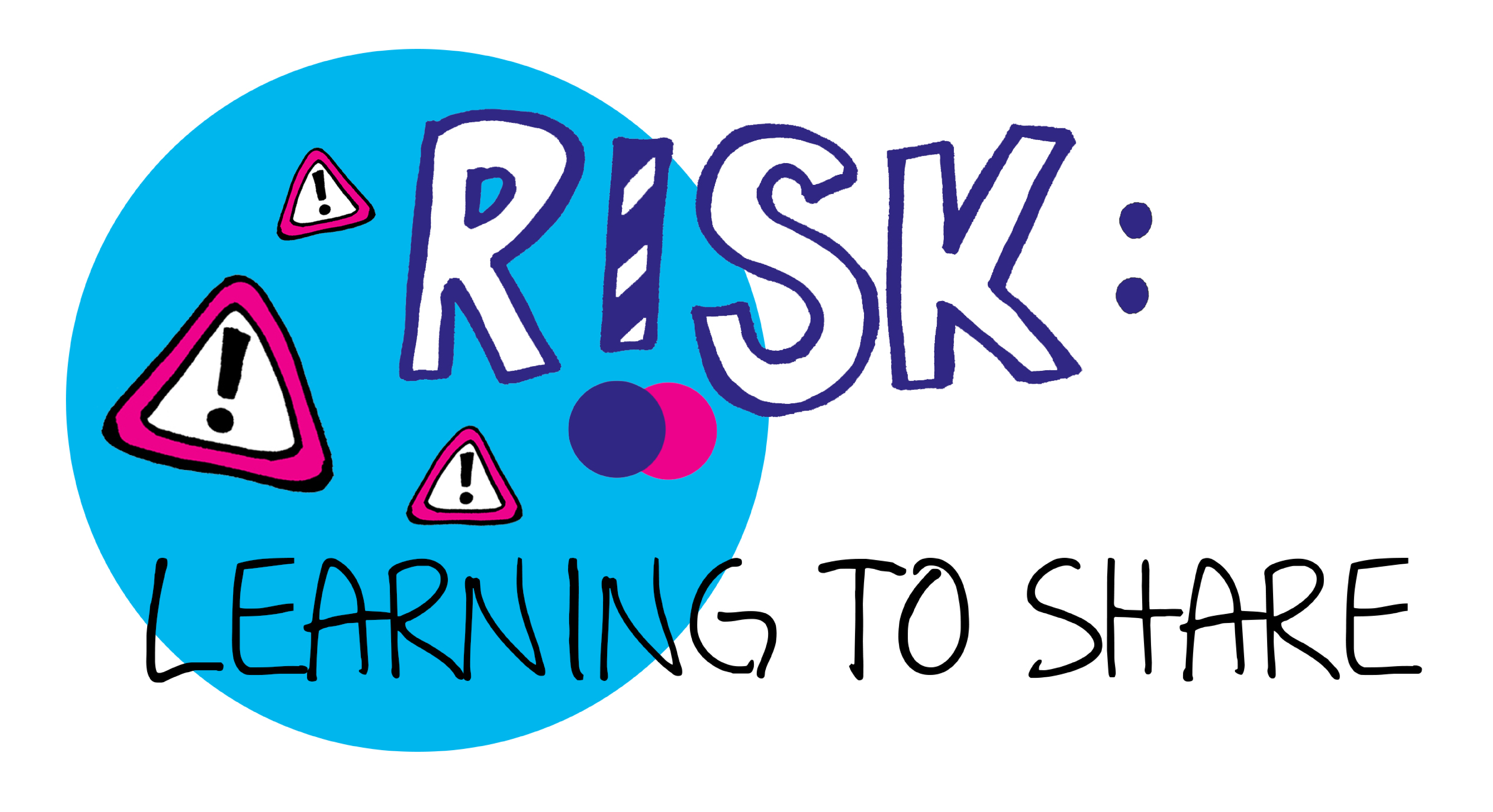
Course 1: Risk: Learning to Share
Cancer early detection encompasses a diverse collective of researchers, each of whom represent different kinds of expertise and who rely on varied data collection methods, analysis and related outputs.
We could say that these disciplinary differences mean that we speak different languages, but we do have a common aim: to predict and seek out cancer as early as possible so that we can collectively offer the greatest chance of survival for the greatest number of people.
But how then can we best approach sharing evidence of risk when our data and definitions are so very different?
Find out in this mini-MOOC delivered by cancer scientists working in epidemiology, risk prediction model development and validation, clinical trials, medical anthropology, and public involvement. These lectures were an output of an ACED Skills Exchange workshop, which was the result of these scientists thinking about risk using CanRisk, a risk prediction model for calculating breast and ovarian cancer risks.
